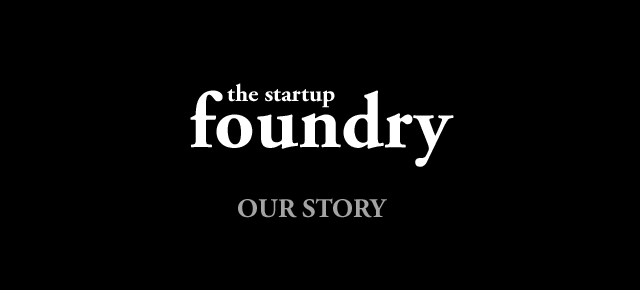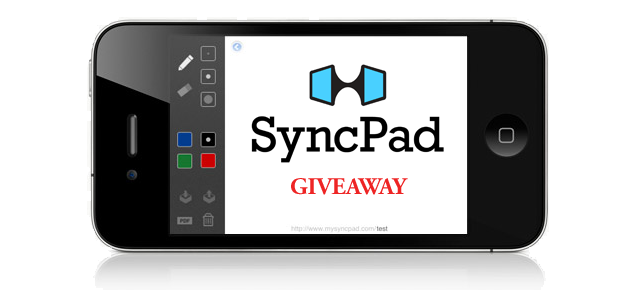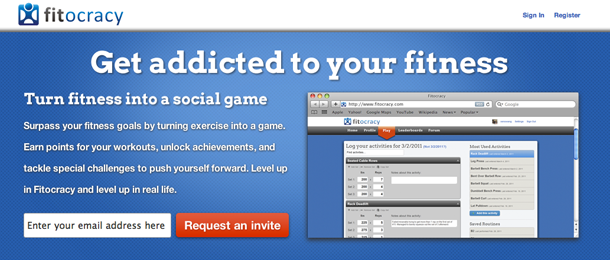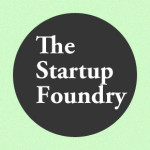Looking for a way to make your workouts more social and fun?
Fitocracy has you covered. The two-man startup based out of Brooklyn is intent on ensuring that fitness is fun, motivational, and social. The basics of the site include signing up for a profile and then logging your workouts, following users and seeing their fitness accomplishments, earning points and leveling up. There is also a leader board that ranks all users of the site and allows for them to engage in competition amongst one another. The unique relationship between exercise and many popular
game mechanics is the ability to always be able to push harder, longer, or stronger. Entwine that with a dedicated community of supporters and Fitocracy users can be well on the way to accomplishing their fitness goals.
Before we take a closer look at how Fitocracy works we asked the founders to share 3 pieces of advice for other bootstrapped startups.
1.) Know your topic. Know your field. Whatever topic or arena your startup is in, it should be your passion to know everything there is to know about it. You should be credible and knowledgeable about all the details in your space. That knowledge should become your identity.
2.) Jump in and do it. Too often would be entrepreneurs find themselves idling around wasting time. If you have an idea and you are passionate about it. Go forth and make it happen.
3.) Communicate effectively. If you followed the advice from #1 you should be able to live and breath the topic your startup is in. If you can do that learn how to effectively speak to other about it in an engaging and meaningful way. Sell your idea by stirring emotions, being a hustler, and imparting your knowledge to your audience.
Delving a little deeper into the startup the user is able to log fitness workouts in the form of repetitions for strength training or minutes for cardio. These repetitions and minutes translate into points for the user. There are also levels, which represent the overall fitness level of that user. In addition to points and levels, users can also perform quests. Quests are much like they sound, and involve going out and achieving some pre-established goal. One such quest is being able to bench press twice your body weight or working your way up to lifting as much as this guy. The quests are also a way to break up the regular routine that many gym rats fall into thus serve as a nudge to users to try a spinning class rather than just running all the time for a cardio session. This repetitive routine can be broken by also participating in a multitude of workouts, which results in a more rounded fitness package, and thus a higher score in the Fitocracy world. And of course, like any good game site, they have achievements and badges that can awarded and shown off to other users similar to Xbox Achievements.
Points, levels, and quests are all still a work in progress for Fitocracy. They launched into beta a few weeks back and one of their continuing goals is to properly map the relationship between points and levels and the amount of work that a person is doing. This challenge has been tricky since the beginning due to the unique nature of exercise. A standard across the board does not work well because fitness is not a one size fits all. The mapping out of the points/user system is one of the main goals of the beta run.
So where did the idea come from? Co-founders Brian and Dick were both your typical kids playing video games on the couch. When they decided to take control of their lives, they realized that fitness and working out tended to mirror the games they had once played. Becoming obsessed with weightlifting and working out in general, they came to the conclusion that fitness and being healthy is about the journey. And during the journey there are opportunities to level up and progress throughout the process. Along the way there are also “mini adventures” (or quests, if you will) that add to the story. Realizing there was an opportunity at hand they created Fitocracy, which is now helping real people level up and progress their way through the game of fitness.
Users also have the opportunity to share their workouts, stats, and achievements with the socialized aspect of Fitocracy. They have utilized the Facebook and Twitter APIs making it easy to connect with friends. As their user base increases the social aspect will obviously grow as well. Members can follow other members or friends and “Give props” to those that deserve it. “Give props” is analogous to the Facebook “Like” button in that it allows users to quickly notify others that they are deserving of credit for their workouts. Or that they “Like” the status of another user.
Fitocracy has some really great things going for them. For instance, time on site is averaging between 10-13 minutes, they have approximately 2,500 page views per day, and the gamification aspect of the site is actually meaningful. This is important because normal game mechanics tend be cutesy and somewhat trivial. Whereas, on Fitocracy they mean the user is able to translate them into real world effects that contribute to their overall health and wellness. Which leads to another interesting point: all the workout stats are self-reported. Meaning I could say I accomplished 1000 crunches and ran 700 minutes if I wanted to accumulate a bunch of points and level up. BUT, Brain and Dick tell me that their community is very self-regulating and the site offers a way to report abuses and flag unruly users. This in turn has kept the community mostly honest and brings integrity into the game.
The Fitocracy concept would do well in the mobile world where users could log their workouts right in the gym. While obesity rates are spiraling out of control in America there is a growing number of people that are taking control of their lives by starting down the road of fitness. This means Fitocracy will continue to grow once they go mobile and users can get their fitness game on right in the gym. They will have a mobile optimized site up soon followed by a dedicated app after that.
If you are interested in Fitocracy their main site can be found at: http://www.fitocracy.com. Or follow them on Twitter @fitocracy. If you are currently a beta user of Fitocracy make sure to leave them feedback and suggestions in the comments. If your not part of the beta, use this link to get in and then leave them feedback and suggestions in the comments. The first 100 readers will get a free beta account!
To keep up with startup news, follow us on twitter @startupfoundry.















